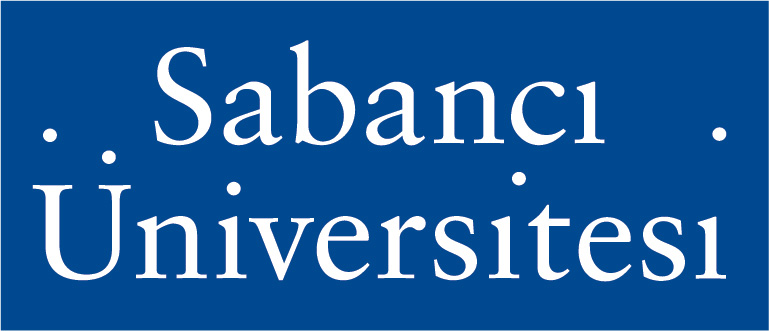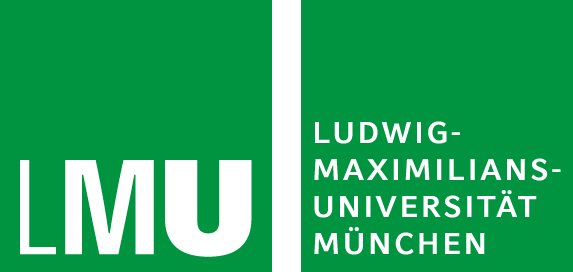The partners of this project are key players in the area of high-performance computing with expertise in various aspects of sparse computation. The consortium includes not only universities and research institutes but also one of the most innovative semiconductor companies in the field of European low power processing technologies for machine learning.
Koç University

Koç University (KU) is an endowed, non-profit institution of higher education, located in Istanbul, Turkey. Founded in 1993, its mission is to produce the most capable graduates by providing world-class education, advance the frontiers of knowledge and contributing to the benefit of Turkey and humanity at large. Since its establishment, KU has quickly become one of the leading research universities in Turkey, attracting accomplished, high-calibre researchers from all over the world.
Sabanci University

Established in 1996 in Istanbul, Sabanci University (SU) ranks among the highly-rated research institutions and it has been internationally recognized as one of the most innovative and research-oriented universities in Turkey. SU adopted an integrated and multidimensional approach to designing its research strategy in alignment with its vision and mission and determined the following key strategic research objectives based on institutional, national and global assessments and developments.
Simula Research Laboratory

Simula Research Laboratory is an internationally leading Norwegian research institute in the key ICT areas of communication systems, scientific computing, software engineering, machine learning and cryptography. The primary goal of Simula is basic research, which has translated into numerous projects funded by the EU, Norwegian government or regional institutions.
INESC-ID

INESC-ID is one of the most dynamic research institutes in Portugal, in the domains of information systems, data science, electronics and telecommunications. INESC-ID is recently evaluated by the Portuguese Foundation for Science and Technology as an Excellent Unit and awarded by the Portuguese government with the status of Laboratório Associado. In close cooperation with its university partners, INESC-ID has emerged as an institution of reference, intensely involved in several high-visibility projects that have defined the national and international state of the art in these domains.
Ludwig-Maximilians-Universität München

Ludwig-Maximilians-Universität München (LMU) participates in the project through the Munich Network Management Team (MNM-Team), an inter-organisational team consisting of researchers at LMU, the Leibniz Supercomputing Centre (LRZ) and the University of German Federal Armed Forces (UniBWM). The fundamental issues driving the research effort of the MNM-Team revolve around systems of networked, distributed, and parallel computers, including adequate management concepts, tools, and IT processes, middleware for grid and cloud systems as well as system software and programming models for high-performance computing.
Graphcore

Graphcore has its headquarters in Bristol, UK, with offices in Oslo, Norway, and US, Taiwan and China. It is a semiconductor and systems company that develops accelerators and scaleout systems for AI and machine learning. Graphcore has created a new processor, the Intelligence Processing Unit (IPU), specifically designed for artificial intelligence. Architecturally, IPUs deliver a new approach and offer significant performance, latency, and power efficiency advantages that are allowing machine intelligence innovators to make new breakthroughs.
*Unfortunately, Graphcore had to withdraw from the project as of M21 due to the closure of its office in Norway.
